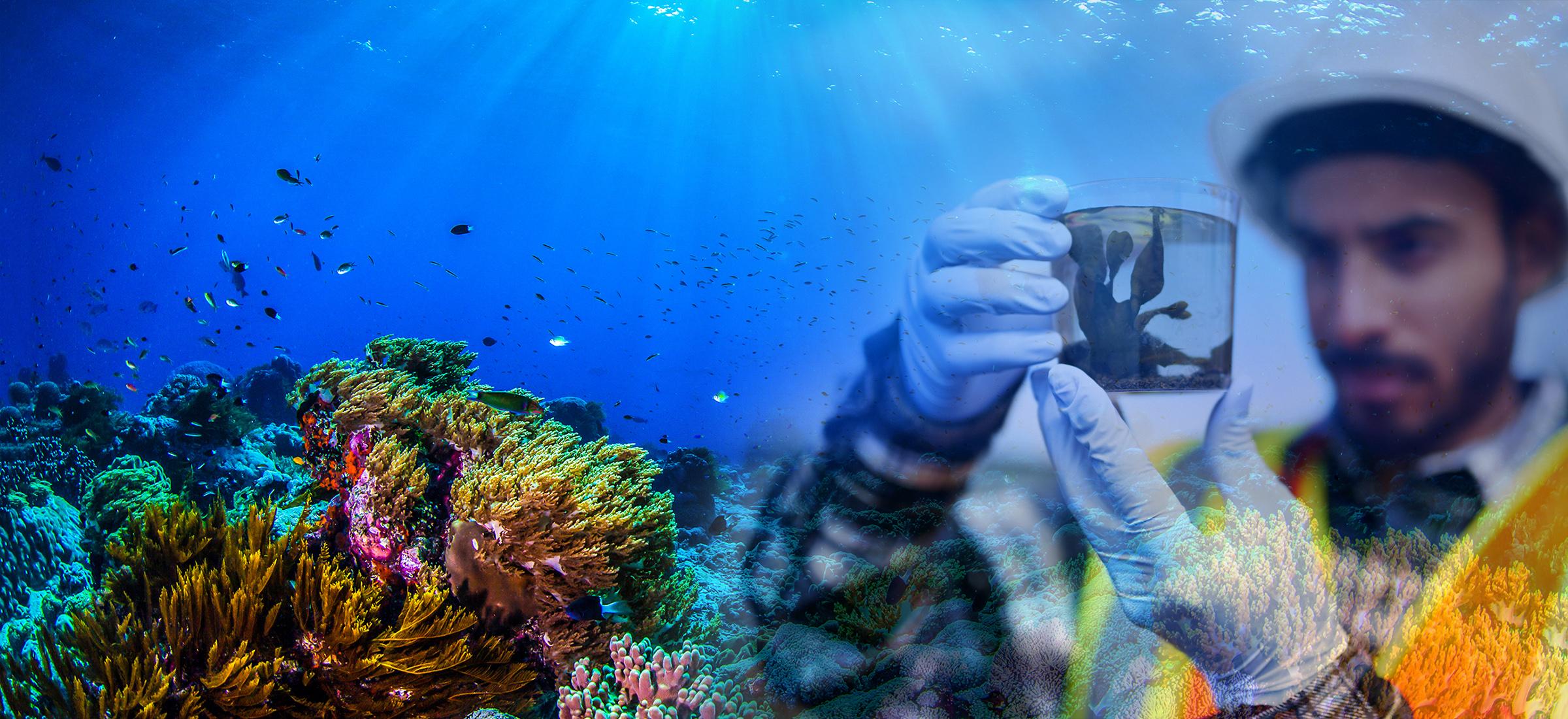
Educational quality of the programme
At VUB the quality of the education takes centre stage. This isn't something we say lightly: we scrutinise our programmes regularly to align them with changing student needs in a rapidly changing society.
This public information is part of VUB’s quality assurance and was ratified by the Academic Council on 09/12/2024.
Strengths of the programme
- Expertise from 3 universities combined in 1 programme: the master programme is jointly organised by Vrije Universiteit Brussel, Ghent University and University of Antwerp, each with its own complementary focus and expertise.
- Multidisciplinary master: the programme integrates marine, freshwater and estuarine sciences with natural sciences, law, governance and policy. Graduates are scientists bridging the gap between scientific research, management and policy.
- Strong international and South component: the programme ‘Oceans & Lakes’ is supported by the VLIR-UOS (Flemish Interuniversity Council – University Development Cooperation) and hence comprises a well elaborated development-oriented curriculum. The international, diverse student group provides an ideal setting for peer training. The international character of the programme is greatly appreciated by the students.
- Hands-on education: field and laboratory courses and training abroad, for example on research vessels ensure that students gain knowledge and skills in authentic environments. Thanks to these specific teaching methods, students seem to form a close-knit group.
- Dedicated staff: a motivated team is dedicated to ensuring the quality of the programme and much effort is made to support the students.
Opportunities
- While students can always contact the programme coordinator and manager with their questions, they ask that general communication be done more clearly. The course council has defined a number of concrete actions, including the communication of an overview of project deadlines. Additionally, students ask for more feedback on their assignments.
-
The programme could consider postponing the deadline for selecting the master’s thesis topic. A slightly extended deadline will give students more time for this important choice while still enabling them to make the literature review in the second semester of the first year.
Current developments
- The ICP (International Course Programme) status of the programme will remain in effect until 2027. The programme is preparing for the conclusion of the ICP status and the financial support by VLIR-UOS, by exploring alternative (funding) options for South initiatives. The programme’s strong alumni network can serve as a valuable resource in this endeavour.
- The programme-specific learning outcomes will be updated and stated more concretely where possible.
- To clarify the distinction between the different majors, the programme will revise the titles to be more self-explanatory. Additionally, the course council will explore the most effective approach for offering geology courses within the programme.
Where do we get this information from?
As institution we routinely ask our students to give their honest opinion about the study programme during their academic career. We also consult our professors and assistants and gauge the expectations in the future field of work. We receive structured feedback from our former students and compare our programmes with others at home and abroad. Through a Peer Review every six years an expert panel endorses the programme’s assets and can recommend some actions. Lastly, the Education Quality Council takes a formal decision about the quality and functioning of a programme.
Quality Cycle
Each programme follows a six-year quality cycle. The timeline below shows the schedule for this particular programme.
